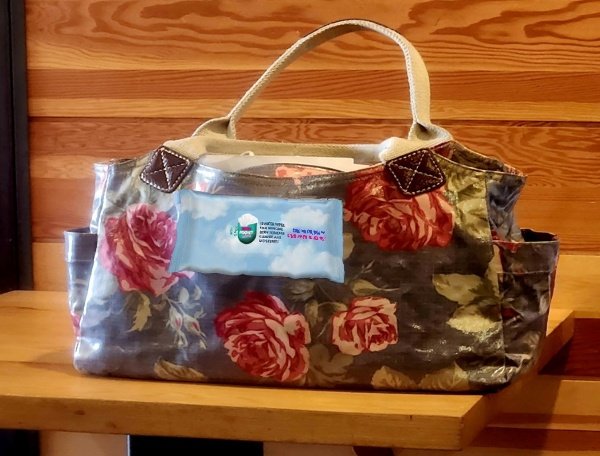How Digital Platforms Are Empowering Women Entrepreneurs and Challenging Barriers in International Trade
The rise of e-commerce is transforming the landscape of global trade, offering unprecedented opportunities for businesses worldwide. This digital revolution is not only reshaping how commerce is conducted but also playing a pivotal role in advancing gender equality and fostering inclusive development. By breaking down traditional barriers to entry, e-commerce is opening doors for women entrepreneurs, facilitating their participation in international trade and economic empowerment.
E-Commerce: A Game-Changer for Women’s Economic Empowerment
E-commerce has emerged as a powerful tool for women, providing a platform that overcomes many of the obstacles that have historically limited their economic participation. Traditionally, women entrepreneurs have faced significant barriers such as limited access to finance, business networks, and market opportunities. These challenges have often hindered their ability to engage in international trade.
The digital marketplace offers a solution to these barriers by providing a more accessible entry point into global commerce. Online platforms enable women to start and grow businesses with reduced initial costs and without the need for extensive physical infrastructure. This democratization of access allows women to reach international markets, diversify their roles as entrepreneurs, and contribute to economic growth on a global scale.
Navigating Non-Tariff Measures (NTMs): Gender-Specific Challenges
Non-tariff measures (NTMs) are regulatory barriers applied to international trade to achieve policy objectives such as environmental protection and consumer safety. While these measures are intended to be gender-neutral, their impact can vary significantly between men and women due to existing gender-specific constraints.
For women entrepreneurs, compliance with NTMs can be particularly burdensome. Factors such as firm size, economic sector, and the availability of support systems often place women at a disadvantage compared to their male counterparts. The complexity and cost of navigating these regulations can deter women from participating in international trade, despite the opportunities offered by e-commerce.
Addressing these gendered effects requires a nuanced understanding of how NTMs impact women entrepreneurs in the digital realm. While external support services can help alleviate some of these challenges, more comprehensive solutions are needed to ensure that women-led businesses can thrive.
Creating an Inclusive Environment for Women Entrepreneurs
To fully harness the potential of e-commerce as a catalyst for gender equality, it is essential to address the gender-specific barriers within international trade rules. Policy reforms and support mechanisms should be designed with an awareness of the unique challenges faced by women entrepreneurs.
Efforts to bridge these gaps could include:
- Tailored Support Services: Providing targeted assistance to help women navigate NTMs and other regulatory requirements.
- Enhanced Access to Finance: Developing financial products and services that cater specifically to women-owned businesses.
- Capacity Building: Offering training and resources to help women entrepreneurs develop the skills needed to succeed in international markets.
By implementing these measures, stakeholders can create a more equitable environment that enables women entrepreneurs to fully participate in and benefit from the global e-commerce ecosystem.
Conclusion
E-commerce represents a transformative force in global trade, offering new avenues for economic empowerment and gender equality. As the digital marketplace continues to evolve, it is crucial to address the gender-specific challenges associated with NTMs and ensure that women-led businesses can fully capitalize on the opportunities presented by e-commerce. By fostering an inclusive and supportive environment, we can pave the way for greater economic participation and success for women entrepreneurs around the world.
4o mini










